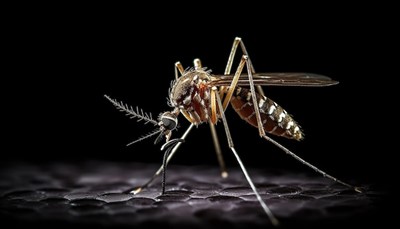What is Dengue?
Dengue is a viral infection that is transmitted to humans through the bite of an infected Aedes mosquito. Aedes mosquitoes are also responsible for transmitting other diseases, such as Zika and chikungunya.
About half of the world’s population is now at risk of dengue with an estimated 100–400 million infections occurring each year.
Symptoms of Dengue
The symptoms of dengue typically appear 4-10 days after being bitten by an infected mosquito. The most common symptoms include:
- Fever
- Headache
- Muscle and joint pain
- Rash
- Nausea and vomiting
- Fatigue
Who is at Risk for Dengue?
Dengue is most common in tropical and subtropical regions. However, it can occur anywhere in the world where Aedes mosquitoes are present. People who travel to areas where dengue is common are at increased risk of infection.
Other people at increased risk for dengue include:
- Children
- Pregnant women
- People with weakened immune systems
Diagnosis of Dengue
Dengue is diagnosed based on the patient’s symptoms and travel history. Your doctor may also order blood tests to confirm the diagnosis.
Treatment Options
There is no specific treatment for dengue. Treatment is focused on relieving the symptoms and preventing complications. Treatment may include:
- Rest
- Fluids
- Over-the-counter pain relievers
Aspirin and non-steroidal anti-inflammatory drugs (NSAIDs) should be avoided as they can worsen bleeding tendencies.
In severe cases, hospitalization may be necessary to provide supportive care.
Prevention of Dengue
The best way to prevent dengue is to avoid mosquito bites. Here are some tips:
- Use insect repellent containing DEET or picaridin.
- Wear long sleeves and pants when outdoors.
- Use mosquito nets when sleeping.
- Eliminate mosquito breeding grounds around your home by emptying standing water from containers, such as buckets and tires.
Complications of Dengue
The most common complication of dengue is DHF. DHF is characterized by bleeding and low blood pressure. In severe cases, DHF can lead to DSS and death.
Other complications of dengue include:
- Encephalitis (inflammation of the brain)
- Myocarditis (inflammation of the heart muscle)
- Guillain-Barré syndrome (a rare neurological disorder)
If you think you may have dengue, it is important to see a doctor right away. Early diagnosis and treatment can help to prevent complications.




